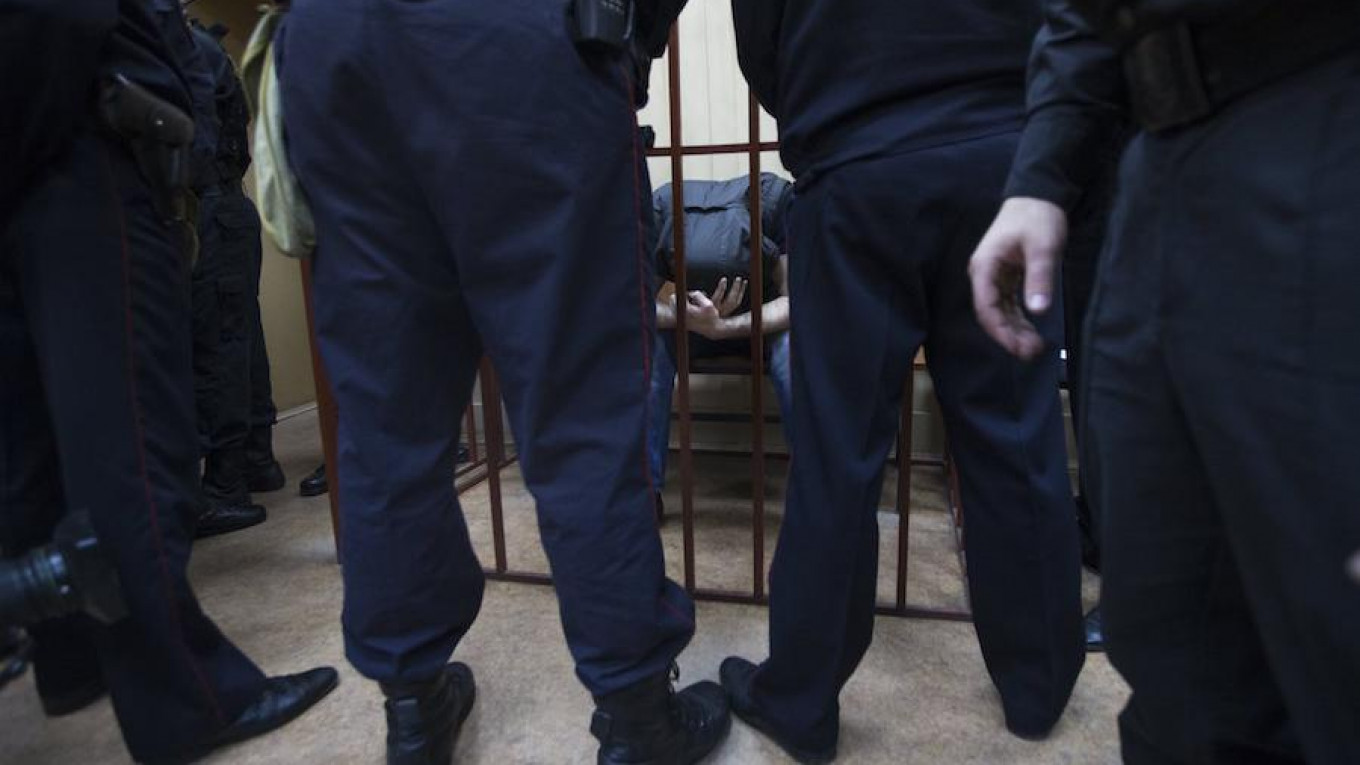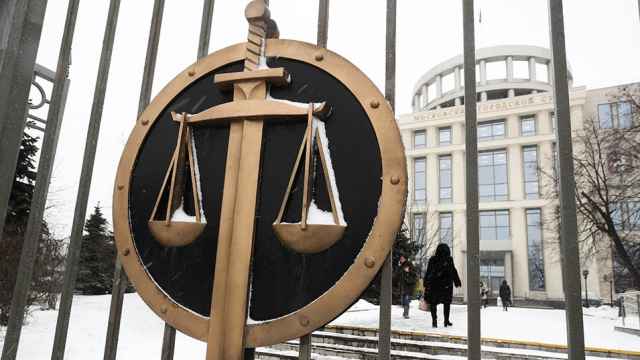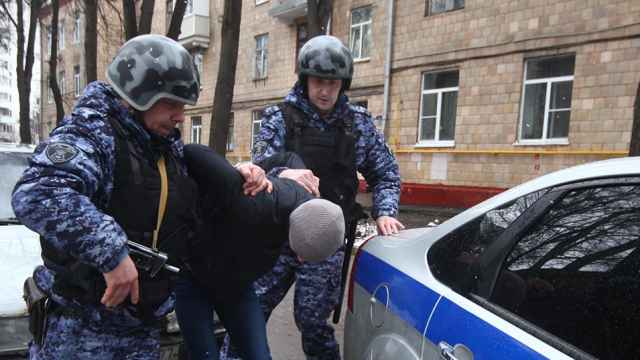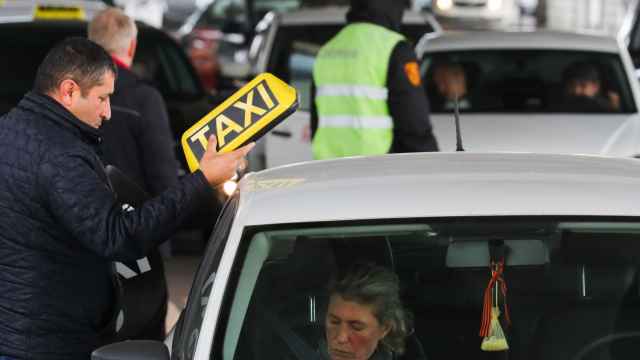Russia has declined to fulfill recommendations of the European Court on Human Rights (ECHR) to combat torture during police detention. The authorities stated their position in response to an ECHR complaint from a resident of St. Petersburg, the RBC news site reported.
The complaint, filed by Tatiana Shmeleva, alleges that Shmeleva's son, Denis Vyrzhikovsky, was beaten to death in police detention in 2010. In September 2016, the Strasbourg-based ECHR proposed that the Russian government should settle the case with Shemeleva by implementing systemic measures to combat police brutality.
Ilnur Sharapov, a lawyer from the “Legal Zone” rights organization representing Shmeleva in court, suggested several possible measures: installing security cameras in all police stations, medical exams for detainees, stricter rules for police communication with detainees, and increasing the number of investigators handling cases of police misconduct.
Sharapov also asked the ECHR to force Russia to reopen the investigation into Vyrzhikovsky's death. Despite being heard in court multiple times, it was repeatedly sent for further investigation. Currently, the investigation has been suspended.
However, in an official letter signed by Deputy Justice Minister Georgy Matyushkin, the Russian authorities declined the ECHR's offer — although the government did acknowledge that the police violated Vyrzhikovsky's right to life and humane treatment.
Police came to the apartment
Vyrzhikovsky shared with his partner, Olga Zverkova, in St. Petersburg in October 2010
to investigate Zverkova for fraud. The officers detained the couple
and took them to a district police station, where they were placed in
separate cells. There, police beat both Vyrzhikovsky and Zverkova.
To hide their crime, the officers took the couple to another police station and informed the staff that they had found Vyrzhikovsky and Zverkova intoxicated and injured on the street. The two detainees were placed in separate cells.
The next morning, police officers called an ambulance for Vyrzhikovsky, and he was placed in hospital, where he died eight days later from a pulmonary embolism. Doctors found he was also suffering from severe bruising and cerebral endema.
The five officers allegedly involved in the torture were tried in court twice. During the second trial, all five were sentenced to multi-year prison sentences. However, an appellate court subsequently overturned the ruling in 2015.
According to Shmeleva and Sharapov's complaint to the ECHR, there have been two other cases in which Russia acknowledged torture in police custody and paid compensation to the complainants, but declined to take systemic measures against torture.
A Message from The Moscow Times:
Dear readers,
We are facing unprecedented challenges. Russia's Prosecutor General's Office has designated The Moscow Times as an "undesirable" organization, criminalizing our work and putting our staff at risk of prosecution. This follows our earlier unjust labeling as a "foreign agent."
These actions are direct attempts to silence independent journalism in Russia. The authorities claim our work "discredits the decisions of the Russian leadership." We see things differently: we strive to provide accurate, unbiased reporting on Russia.
We, the journalists of The Moscow Times, refuse to be silenced. But to continue our work, we need your help.
Your support, no matter how small, makes a world of difference. If you can, please support us monthly starting from just $2. It's quick to set up, and every contribution makes a significant impact.
By supporting The Moscow Times, you're defending open, independent journalism in the face of repression. Thank you for standing with us.
Remind me later.






